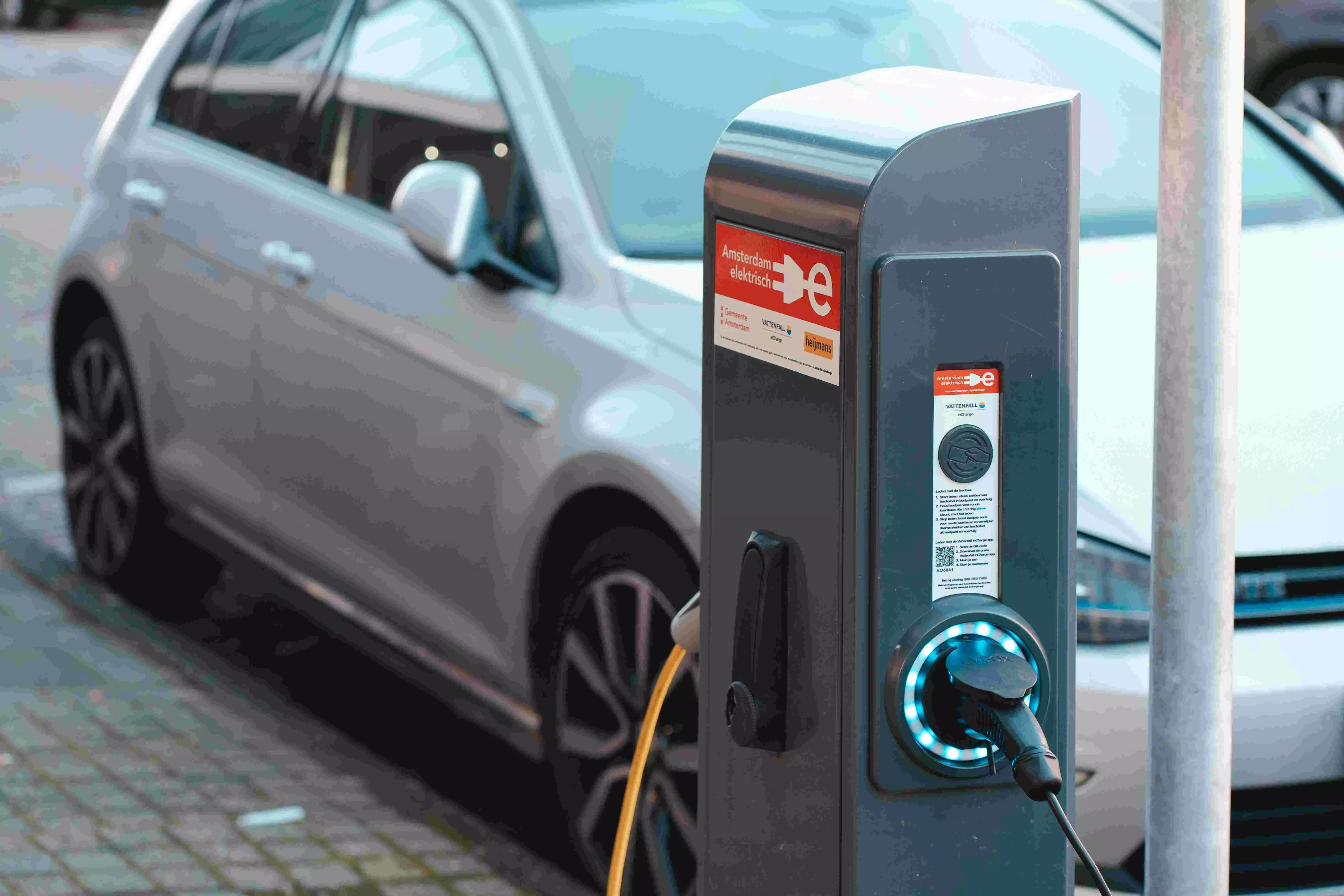A potential boomerang
The EU's tariffs on Chinese EVs, intended to protect its auto industry, could spark a global trade conflict, impacting European manufacturing and emerging markets, while disrupting the global EV supply chain

The European Union’s decision to impose up to 35.3 per cent tariffs on Chinese electric vehicles (EVs) represents a major step in the EU’s attempt to protect its auto industry from the growing dominance of Chinese manufacturers. This action follows an investigation revealing that Chinese EV companies benefit from significant state subsidies, which allow them to undercut European competitors on price. Chinese EV makers like BYD and SAIC have rapidly expanded into the European market, challenging European automakers struggling with higher production costs, particularly for batteries. By imposing these tariffs, the EU hopes to create a level playing field for European carmakers facing significant challenges competing with state-backed Chinese firms.
Despite the European Commission's decision, the vote exposed deep divisions within the bloc. Germany, the EU's largest car-producing country, alongside Hungary and a few others, opposed the tariffs, fearing that they could ignite a trade war that would hurt their economies. Germany's car industry, heavily reliant on exports to China, has expressed strong concerns that retaliatory tariffs from Beijing could have devastating consequences. German carmaker Volkswagen, for instance, criticised the move, arguing it would undermine global cooperation, which is essential in the global fight against climate change.
The EU’s concerns about Chinese dominance in the EV market are not unfounded. China has built a formidable EV industry, with Chinese manufacturers controlling around 43 per cent of the global market for EV batteries and maintaining cost advantages through government subsidies. Between 2009 and 2023, the Chinese government invested USD 230.9 billion into its EV sector. These subsidies cover everything from buyer rebates and tax exemptions to R&D funding and government procurement of electric vehicles. This extensive financial support has allowed Chinese companies to scale production quickly, giving them a significant edge over competitors.
Another aspect of China’s industrial policy has been its strategic investment in EV infrastructure, such as charging stations, facilitating the rapid adoption of electric vehicles domestically and abroad. Additionally, Chinese companies have secured low-cost loans and preferential land and electricity rates, further reducing operational costs. For example, the leading Chinese battery manufacturer, CATL, received over USD 800 million in subsidies in 2022, reflecting the broad government support to make China a dominant player in the global EV supply chain.
The implications of the EU's tariffs extend beyond the auto sector. China has already retaliated by launching investigations into European exports, including pork, dairy, and brandy. This tit-for-tat approach risks escalating into a broader trade conflict between two of the world’s most significant economic powers. European businesses reliant on exports to China, particularly in Germany, are concerned that this could lead to long-term economic damage. The European Commission has signalled that it remains open to negotiations with China to find a solution that avoids a protracted trade war.
This move will have global repercussions, extending beyond Europe. For one, it risks setting off a broader trade conflict that could involve not only China but other global markets where EV production and sales are significant. Countries like the U.S. have already imposed steep tariffs on Chinese EVs, and Canada is considering similar actions. These protectionist measures could slow the global EV market’s growth by raising prices and delaying access to cheaper, high-quality vehicles, especially in regions like Europe, which rely heavily on Chinese EV imports. The price gap between Chinese and European-made EVs, currently around 29 per cent, could widen even further, making it more difficult for European consumers to afford electric vehicles and potentially stalling the EU’s goal of achieving net-zero emissions by 2035.
On the manufacturing side, these tariffs may push Chinese EV makers to diversify production outside of China, as seen with companies like BYD, which is already establishing production plants in Hungary and other non-EU countries like Turkey. This shift could spur a reorganisation of global EV supply chains, with more local manufacturing hubs developed in regions offering lower production costs. However, this could also drive up costs for Western automakers relying on China for essential components like batteries and rare earth materials, potentially creating bottlenecks in the global EV supply chain. Furthermore, retaliation from China could impact industries outside the auto sector, including agriculture, electronics, and even luxury goods, amplifying the risk of a wider economic fallout.
Looking ahead, the EU’s tariffs could inadvertently strengthen China’s hold on other critical parts of the EV supply chain, particularly in producing batteries and raw materials like lithium and cobalt. China already dominates 70 per cent of the global battery manufacturing market. With Western automakers heavily reliant on Chinese batteries, further disruptions in this area could slow down the global transition to electric vehicles. This dependence highlights the broader challenge for Europe and the U.S. as they attempt to build up their own EV industries without relying on China’s supply chains.
This will also have wide-ranging implications for emerging economies. As Chinese automakers face European barriers, they will likely aggressively expand into other emerging markets, such as Southeast Asia, Africa, and Latin America, offering low-cost EVs that could disrupt local industries. This could heighten competition for domestic manufacturers in these regions, potentially stalling the growth of local EV industries. Additionally, the cost of critical EV components, like batteries and rare earth materials—predominantly sourced from China—may increase production costs for local manufacturers in these emerging economies. Countries like Brazil and South Africa, which rely on affordable imports for their EV transition, may experience delays in scaling up their green energy initiatives. At the same time, as China looks to relocate production outside the EU to avoid tariffs, some of these emerging markets could attract new Chinese manufacturing investments, potentially boosting their economies but increasing dependency on China for supply chains and technology.
The writer is Officer on Special Duty, Research, Economic Advisory Council to the Prime Minister. Views expressed are personal



